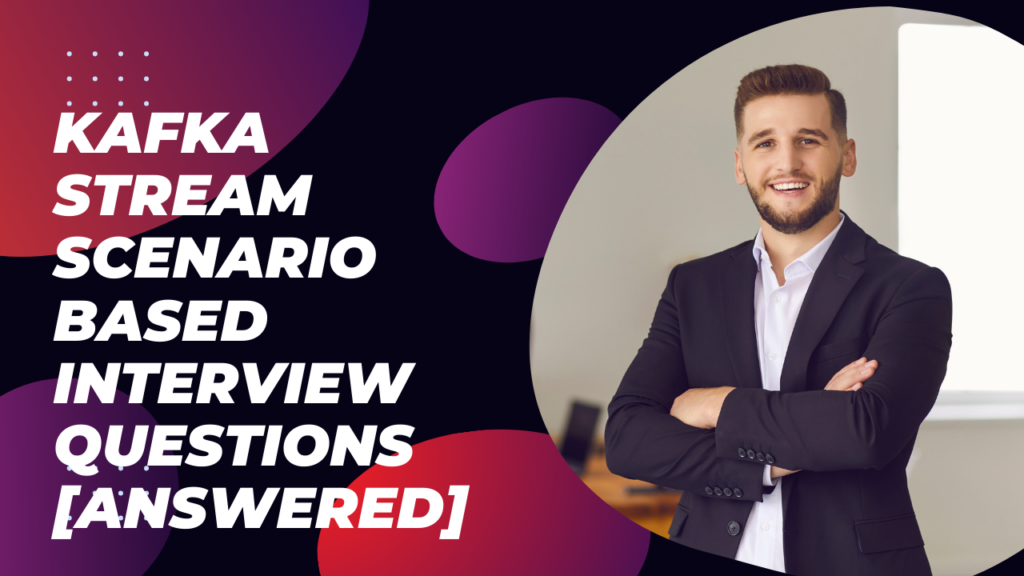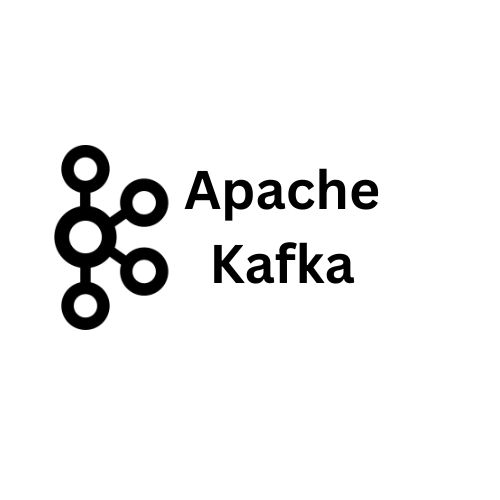Welcome to Our new blog post Kafka Scenario-Based Interview Questions. here you will get all the scenario questions asked in the interview on Kafka.
These scenario-based interview questions cover various aspects of Kafka, including performance tuning, fault tolerance, data durability, and best practices for designing Kafka systems. Be prepared to discuss your thought process and the trade-offs associated with different solutions.
Kafka Scenario-Based Interview Questions:

1. Scenario: A Kafka consumer is lagging behind the producer. How would you troubleshoot and resolve this issue?
You could consider several strategies, such as optimizing consumer code, increasing the number of consumer instances, or adjusting Kafka configuration settings like fetch.min.bytes and fetch.max.wait.ms. Monitoring tools like Kafka Manager or Confluent Control Center can help identify bottlenecks.
2. Scenario: Your Kafka cluster is experiencing high throughput, and you want to ensure durability without affecting performance. How would you achieve this?
You can ensure durability by configuring Kafka with replication. It would help if you also considered tuning the producer’s acks setting to ensure message acknowledgment based on your durability and performance requirements.
3. Scenario: Your Kafka topic is receiving duplicate messages. How can you prevent or handle the same message consumption by consumers?
To prevent duplicates, you can use Kafka’s enable.idempotence producer setting and implement deduplication logic on the consumer side. Additionally, assigning a unique identifier (message key) to each message can help Kafka maintain message ordering and prevent duplicates.
4. Scenario: You have a Kafka cluster with many partitions per topic. What considerations should be made when designing such a cluster?
High partition counts can lead to increased overhead and resource consumption. You should carefully plan resource allocation, monitoring, and scaling. It’s essential to strike a balance between parallelism and resource efficiency.
5. Scenario: You want to implement message reprocessing in Kafka. How would you design a system that allows consumers to reprocess messages from a specific point in time?
You can achieve message reprocessing by storing message offsets externally (e.g., in a database) and having consumers start consuming from a specific offset when needed. Kafka provides the seek() method for this purpose.
6. Scenario: One of your Kafka brokers goes down. How does Kafka ensure high availability and fault tolerance?
Kafka ensures high availability through data replication. Each partition has multiple replicas distributed across brokers. When a broker goes down, leaders for affected partitions are automatically reassigned to other brokers. ZooKeeper or KRaft quorum controllers are used for leader election.
7. Scenario: You have a Kafka topic with sensitive data, and you want to encrypt the data at rest. How can you achieve this?
You can enable encryption at rest by configuring the appropriate options in your Kafka broker settings. This typically involves using features like encryption keys and SSL/TLS for secure data storage.
8. Scenario: You notice that some Kafka consumers are consuming messages much slower than others. How would you address this issue?
To address this issue, you may need to profile and optimize the slow consumers. Additionally, you can consider using consumer groups and scaling out the consumer instances to distribute the workload evenly.
In Kafka interviews, scenario-based questions offer a window into your ability to navigate real-world challenges within the Kafka ecosystem. These scenarios often revolve around optimizing Kafka consumers for efficient message processing, ensuring durability while handling high throughput, managing duplicate messages, and maintaining Kafka clusters with a high partition count. Additionally, understanding how to implement message reprocessing, ensuring high availability in the face of broker failures, and securing sensitive data at rest are critical skills. When responding to these scenarios, not only should you provide solutions, but also articulate the rationale behind your choices, demonstrating a comprehensive understanding of Kafka’s capabilities and trade-offs in various contexts.
References:
if you want to prepare for other interview questions then click on the below

